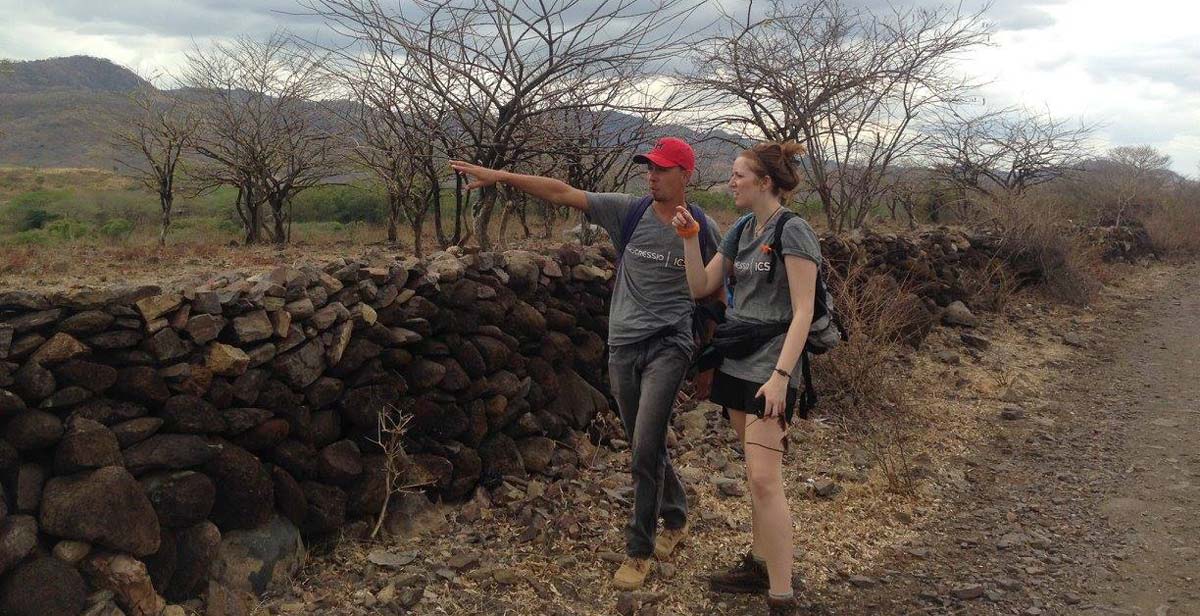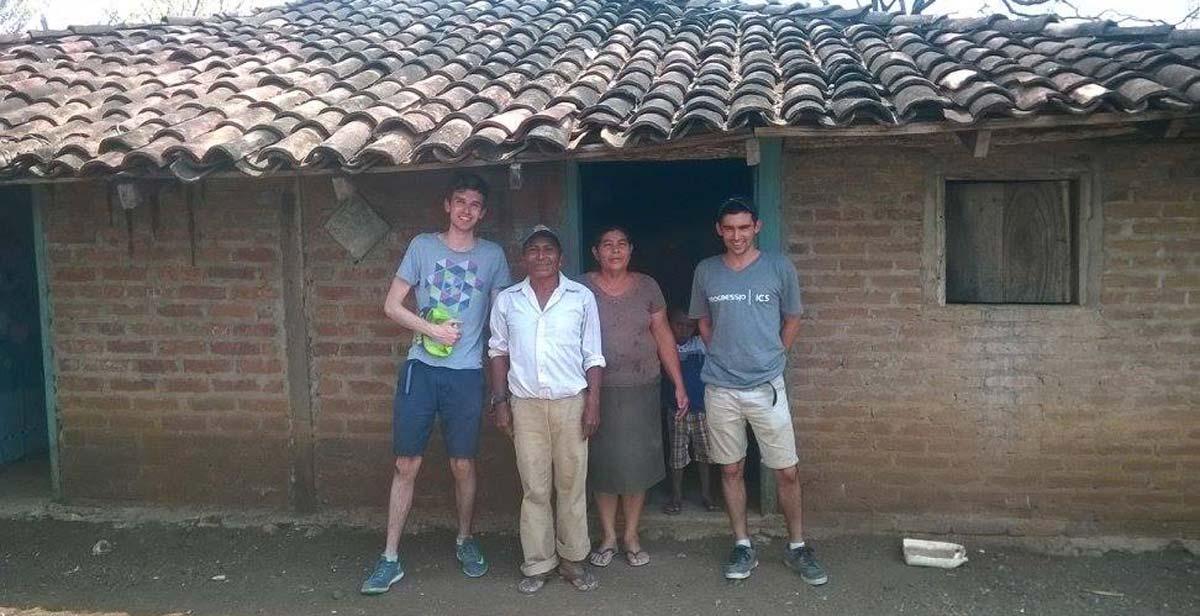I have now been living in Parcila for the past two weeks. In such a short space of time, I have already learned of the legacy climate change has left this community.
Before I came to Nicaragua, I was certainly not an environmental activist. Don’t get me wrong, I was never a serial crude-oil-consuming litterbug either, but I would admit to being blissfully naïve concerning my personal impact on the environment.
Naivety quickly vanishes in the face of reality. News of a prolonged drought at the height of Parcila’s ever-growing dry season overshadowed our arrival. The community currently has access to water once a day for 15 minutes.
My host father Roger was quick to share his thoughts on the drought, putting it down to an increasingly unpredictable climate. He showed us the dry riverbed that passes behind his house. It dried up completely three years ago, only refilling for the brief but inconsistent rainy season.
Despite the rapid changes encroaching on their way of life, Roger and his wife Jacintha remain resilient and proud of their home. I asked them if they had lived here all their lives. I was surprised to learn they had only lived there for the past 15 years.

Parcila is itself an orphan of a climate gone wild. It was founded by the refugees of Hurricane Mitch in 1997 as a safer location than the nearby settlements which, were devastated by flooding. Its residents frequently share with us their first-hand accounts of survival and loss after Mitch.
It is easy enough to overlook the impact an individual has on climate change when you live far from its consequences. It becomes a lot harder to remain ignorant of personal responsibility when you live and learn from the people it affects most severely.
My experience in Parcila has already changed me. Not only am I less afraid of going to the latrine after dark, but I am also more aware of my lifestyle and how much goes to waste at home. I won’t be chaining myself to a tree anytime soon, but I will be trying to live in a more sustainable way in the future.
Written by ICS volunteer Ryan Corless



